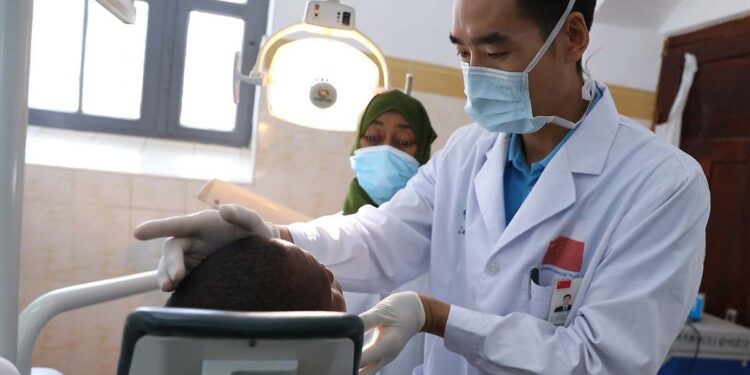To market it by around 2030, a team of scientists led by a Japanese pharmaceutical startup is working on a drug to stimulate the growth of new teeth. This would be unprecedented and a world first.
Clinical trials in healthy adults are expected to begin in July 2024 to confirm the safety of the drug. This would be the next step after successfully growing new teeth in mice in 2018. The trials are being conducted by the company Toregem Biopharma, funded by the University of Kyoto.
The hope is that most people have ‘tooth buds’ that have the potential to become a new tooth, in addition to baby teeth and permanent teeth, although buds generally do not develop and subsequently disappear.
The researchers have created an antibody drug that inhibits the protein that suppresses tooth growth, acting on these buds and stimulating their growth. In 2018, it was administered to ferrets, which have baby and permanent teeth similar to humans, and new teeth grew in them.
In addition to the July 2024 trial with healthy adults, they plan to conduct another starting in 2025 with children aged 2 to 6 with anodontia who are born without some or all of their permanent teeth. The drug will be injected to induce the growth of these teeth.
“The lack of teeth in a child can affect the development of the jawbone,” stated Katsu Takahashi, co-founder of Toregem Biopharma and head of dentistry and oral surgery at Kitano Hospital in Osaka. There are also hopes to use the medication in the future for adults who have lost teeth due to cavities. “We hope that the drug serves as a key to solving these problems,” Takahashi added.


